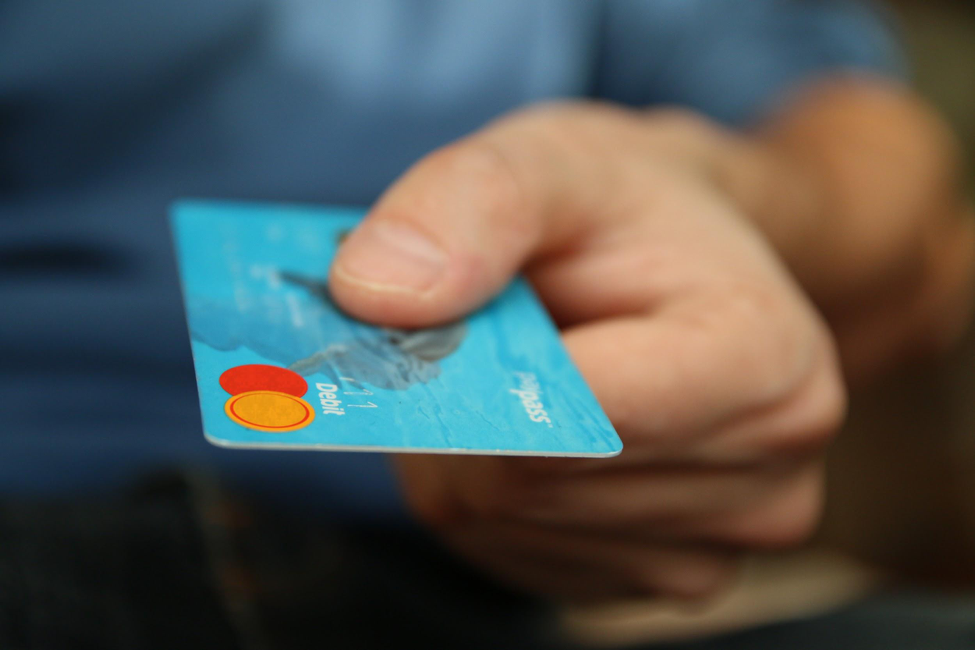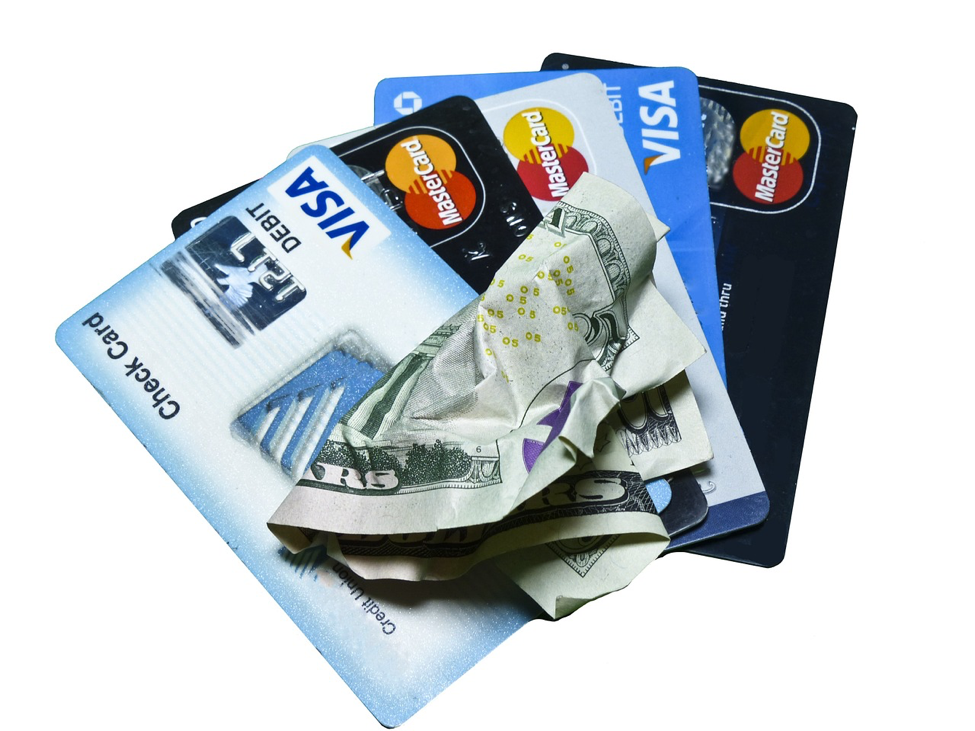Credit cards are advantageous for many reasons. First, you have access to a credit line that is convenient when you need to make purchases. Your access to credit also validates a low risk so it is easier to get loans from lenders. You can also pay all of your bills on one credit card that appears on your statement, which makes them easy to keep track of any payments. But, they’re also the easiest way to send your financial life spiralling out of control.
According to the U.S. Federal Reserve, the average debt per household in 2017 was $5,700. And the average credit card debt was $16,048. More than one in three families carry an overwhelming amount of credit card debt that they don’t feel like they can overcome. It is an issue that can either be a benefit or a disaster if borrowers are not careful. Here are five tips on how to expertly manage credit card debt.
Post Contents
Budget Your Expenses
A budget is critical to managing any debt. You have monthly expenses like rent and utilities that have no room for negotiation. Credit cards are secondary as they depend solely on discretionary spending habits, which means you have some wiggle room as to payment options. You do not want to wait until your credit card declines and a merchant looks for an error list to realize it was because you exceeded your credit line.

You should never spend more than you know you can pay back. Even when you know you will have a balance on big-ticket items, have a plan in place to make payments. The first thing you need to do is figure out how much money you make each month. The amount is the bottom line that you should try to spend. Anything above that number will accrue debt, which is an excellent motivator to avoid wasteful spending.
Pay Your Monthly Debt in Full
One of the best strategies for maintaining debt is to pay your bills each month in full. It improves your credit score and lenders will be much more likely to increase your limit when they see a responsible user. If you leave any balance on your credit card, you will be charged interest. It is vital that you check your terms and conditions so that you understand your interest rate and how it builds over time.

You will not just pay the interest on one month but on any balance remaining, which is the primary reason that debt rises every month and significantly reduces financial security. What you must pay in interests or fees could quickly become a savings surplus, college plan, or retirement fund. Any carryover balance also contributes to stress because you continually worry about paying it.
Set Up Online Access to Lenders
Setting up online access to your lenders provide you with many benefits. You have continuous access to your account, which means you can monitor your credit card activity. You can set up payment alerts to avoid late fees, which not only saves you money but prevents the issues that come with missing payments.

You can set up automatic payments as well which ensures you will never be late even if it is only for a minimum amount. You will also receive your statements electronically, which means you have access to financial records when you need them. Your lender will also send you special offers, which often come with additional financing opportunities.
Pay More Than the Minimum Payment
The option to pay a minimum payment is a benefit when you have emergencies. It can also be a temptation that will make your interest rate balloon out of control. According to a survey by TransUnion, 89 percent of Americans paid more than the minimum amount due but 25 percent of these surveyors reported they did not know why it was essential to do so.

Paying only the minimum payments will hurt your credit score. It also discredits your reputation with lenders as studies show that minimum payers have a higher rate of default than those who paid more substantial monthly payments. Some lenders today even monitor payment history as a part of the approval process. It also contributes to a higher interest rate due to the likelihood of risk.
Learn Techniques to Manage Debt
If you find that your debt is spiralling, it can be advantageous to learn a few techniques to manage your debt. You should first make a list of bills including how much you owe and when the payment is due. It is critical also to remember to make your monthly payments on time so that it becomes routine and memorable when you experience a temptation to spend unnecessarily.

You should always keep in mind that if you are unable to manage your debt on your own, you have access to a credit counselor in your local community. A counselling agency will help you learn the tools you need to manage your overall debt. Once your debt gets too high, you have very few options which will leave you with no credit options at all. It is complicated to recover your debt after damaging it by default.
Managing your credit card debt is more than just worrying about your charges and monthly payments. You also need to plan and set in place responsible ways to overcome it. Using your credit cards wisely will enable you to stay in good standing while also extending your credit line which gives you peace of mind that you have it when you need it.






























